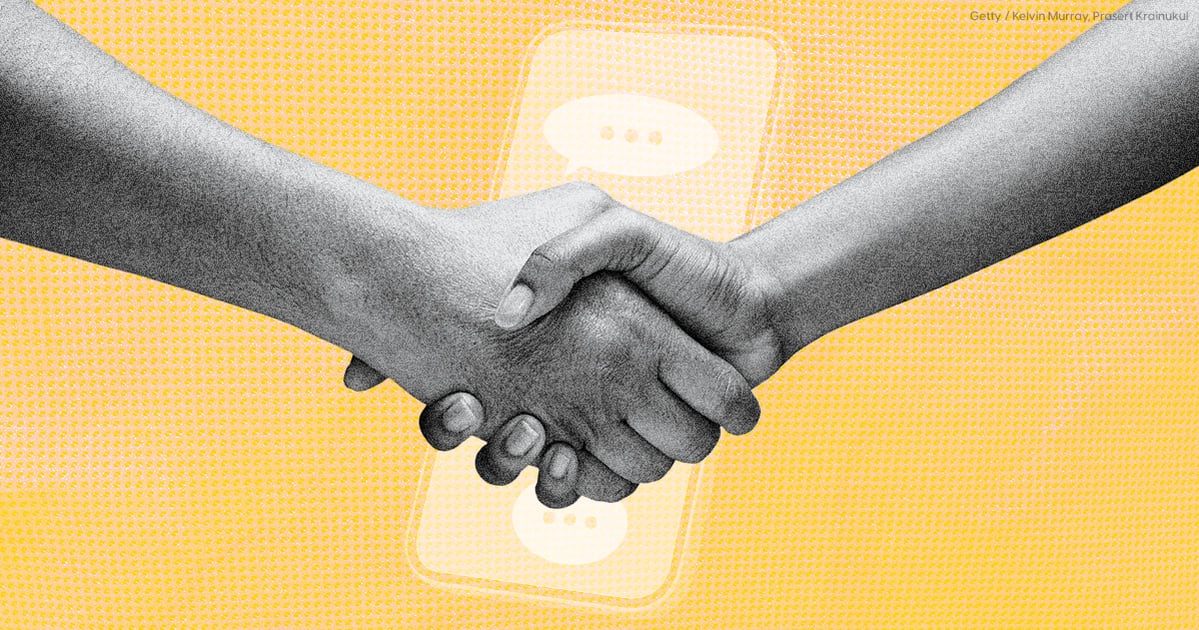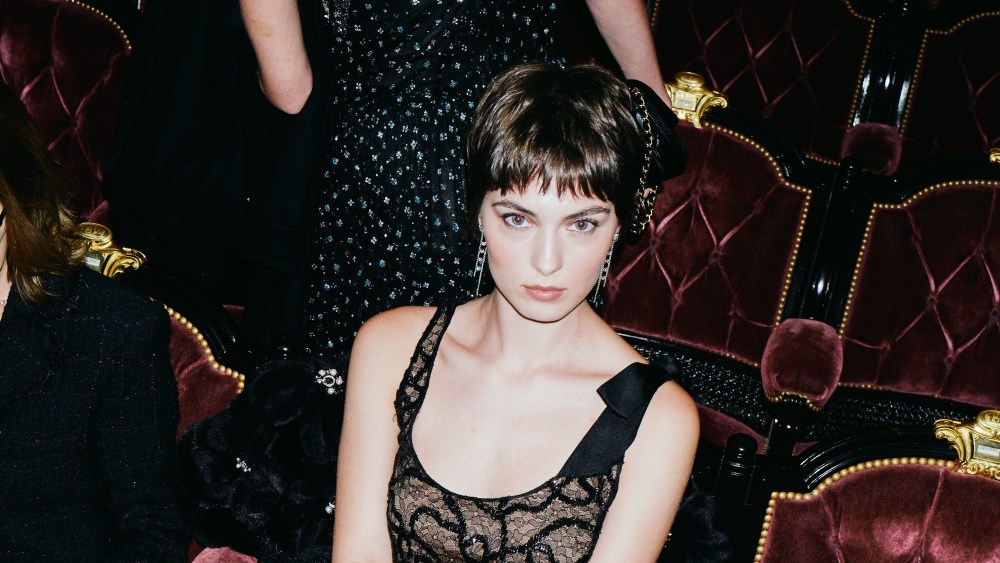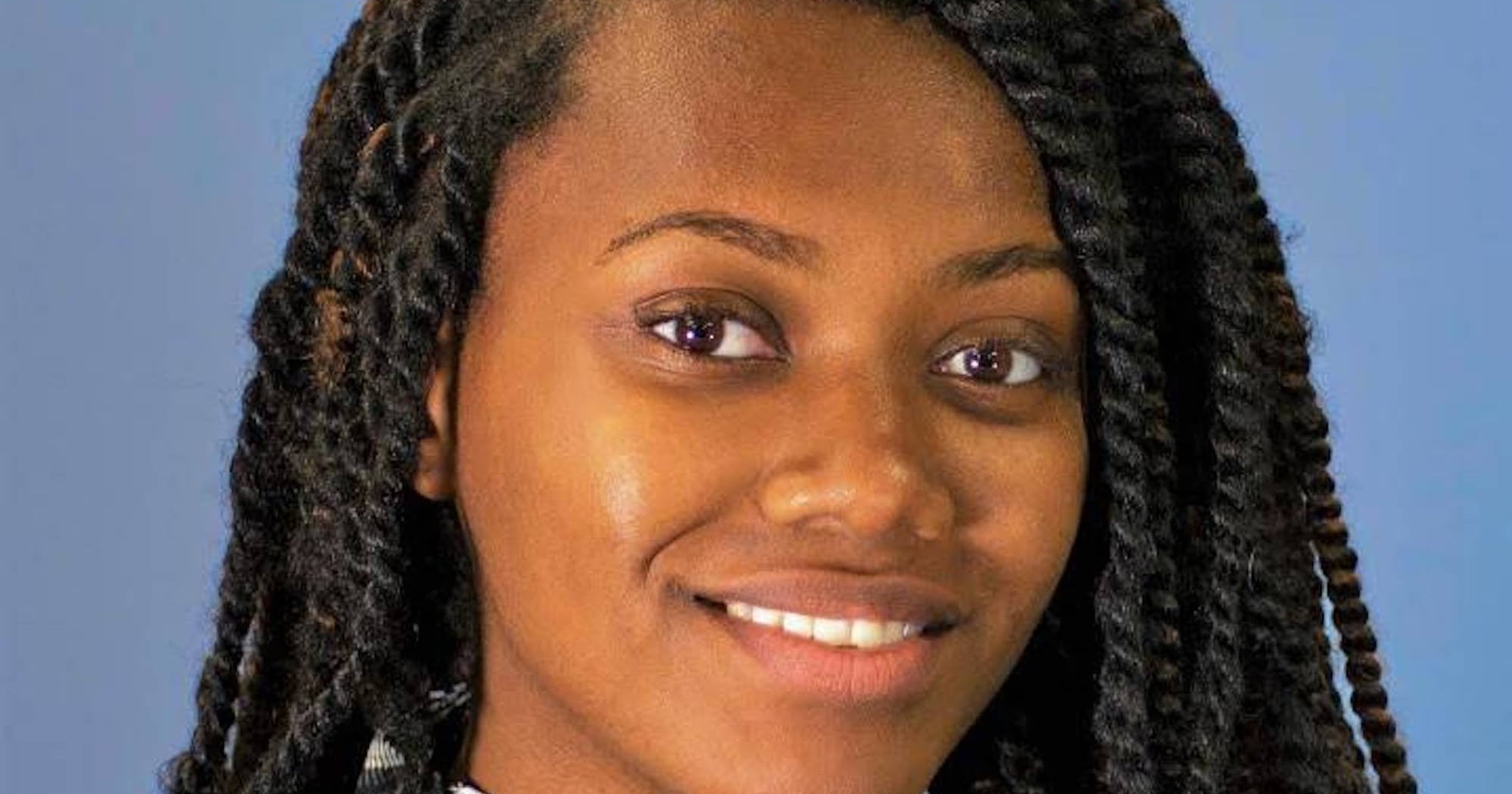There’s nothing like a painful, drawn-out breakup from an avoidant partner to make you long for a “normal” dating experience – especially if said breakup happens a month before your 30th birthday. Embarrassingly enough, this split last year had me down so bad that I ended up canceling my own birthday party. Yeah, not my proudest moment.
Once I snapped out of it and realized that I was losing precious energy because of an emotionally stunted man, I wasted very little time before crawling back into the trenches of the dating apps. And after a few weeks of getting reacquainted, I made a promising Tinder match: he was handsome, witty, and lived nearby. We met for drinks in our neighborhood and had some really great conversation. There weren’t any awkward lulls or silent pauses, we shared some laughs, and even discovered that we were both members of the same Spanish-English practice group.
Things went so well that we ended up heading to his house, smoked a joint on his couch, and promptly hooked up. It was truly a very fun and easy date, and it served as a great palette cleanser for me post-breakup. I was even open to going on another one, but here’s the kicker: once he dropped me off, met my dog, kissed me goodbye and walked out the door, I knew I would never see him again.
Now, you’re probably confused. Why would I decide to cease all communication with someone I just had such a lovely time with? That’s a fair question, but I’ll raise you another: why not? Allow me to introduce you to the beauty of mutual ghosting.
We had a great time, but it wasn’t a long-term match, so we left it at that.
Although this man and I had immediate chemistry and a fun evening together, we also didn’t owe each other a damn thing. Rather than one or both parties sending an apologetic, “Hey, I didn’t feel a connection” text or forcing a second date we weren’t super excited about, we shared an unspoken understanding that we never had to speak again. We mutually ghosted each other. We had a great time, but it wasn’t a long-term match, so we left it at that.
After reflecting on the experience, I gathered other opinions from social media. I conducted a poll on Instagram to see how people feel about ghosting and what their preferences are. Over 60 people responded, and, to my pleasant surprise, 68 percent responded that they preferred a mutual ghosting situation over one-sided ghosting, being fed a false excuse as to why the other person needs to end the connection, or a gradual fade-out.
This discovery was both validating and insightful, because I had come to recognize mutual ghosting as a great alternative to my prior approach of jumping lightyears ahead after the first date and getting attached too quickly.
Why I Love Mutual Ghosting
After over a decade of dating, I can confidently say that I am a recovered anxious attachment girlie. Thanks to a combination of many years of therapy, friendships that taught me what unconditional love actually looks like, and plenty of inner healing work, I now consider myself a securely attached person.
In the past, however, I fought through codependency and unhealthy connections because of my anxious attachment style. I often felt wildly jealous and insecure, fearing that my partners would abandon me or stop loving me at any moment. This is one reason I really appreciate the mutual ghost.
If you’re someone with an anxious attachment style and you tend to mentally plan out your wedding color scheme the moment after a great date with someone new, I feel you. And I strongly feel you might benefit from the concept of detachment in dating, which is just what it sounds like: separating yourself, your identity, and your vision for the future from the person you’re dating. Practicing detachment in dating takes the pressure off from both parties, and keeps you from developing codependency.
Allowing room for mutual ghosting, especially when you meet someone new, is a great way to practice detachment. If you aren’t totally jazzed after a first date and you suspect the other person isn’t either – or if you notice they don’t reach out afterward – it’s completely fine to let that connection go and not make a big ordeal out of severing ties.
Sure, communication and honesty are great things to prioritize when you’re dating, but detaching in the form of a mutual ghost is a good way to remind yourself that dating should be fun, and that you don’t need to set high expectations or put unfair pressure onto every new relationship you might form.
I’m Not the Only One
If my Instagram poll was any indication, mutual ghosting seems to be in, but it’s certainly not a brand new concept. People have likely been disappearing on each other for generations – it’s just a lot easier to spot now with the internet at our fingertips.
As a sex and relationships writer, I feel relatively qualified to say that today’s dating landscape is largely characterized by diminishing social accountability. Between the superficial nature of dating apps and a decrease in in-person interaction thanks to the phones we’re all addicted to, there’s a largely unspoken (yet shared) sentiment that we aren’t responsible for other people’s feelings.
While that may seem harsh, there’s also something freeing about not taking on the pressure of making sure everyone has a super comfortable and fun dating experience. We’re all adults, and as long as we aren’t actively hurting others, there is only so much we can control when it comes to how other people perceive our lifestyles or behaviors.
Common courtesy and respect are always important to keep in mind, but there are also situations in which it’s OK – even healthy – to detach. Was your date super creepy or forward, not picking up on your body language or social cues? Screw ’em. Did your Hinge match show up late and then proceed to solely talk about themselves and their stock investments for an hour over drinks? Ignore away.
Even if your dating experience wasn’t awful, but just wasn’t a good fit, you don’t have an obligation to ensure that someone else walks away from it feeling validated and comforted. Self-soothing and other healthy coping mechanisms are crucial skills that every adult needs to learn in some way. It isn’t anyone else’s responsibility to make sure we’re happy and stable at the end of the day.
How did I know a mutual ghost was in order after the date I previously described? Honestly, it was just a vibe I picked up on. There wasn’t any clear indicator that tipped me off, but I just felt a moment of acceptance and relief the moment he walked out of my apartment. While I feel nothing but positivity about the evening we shared, I’m also grateful that I haven’t spent the last five months in a relationship that might not have been right for me.
My biggest tip for mutual ghosting is to just trust your gut. Intuition is a beautiful thing, and if you feel like a connection is meant to be fleeting, or someone isn’t quite who you’re looking for, you’re probably right. Who knows? Mutual ghosting may lead each of you to meet the loves of your lives. At the very least it’ll be an amusing story to tell at parties.
Lexi Inks is a lifestyle journalist based in Brooklyn, NY. In addition to her contributions at PS, she is a staff writer on Bustle’s Sex & Relationships vertical and a lifestyle news writer for The List.




